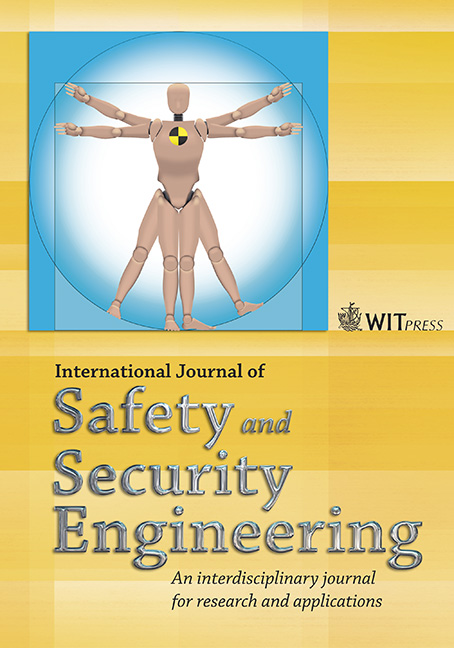Reliability and safety analysis on railway signal regional computer interlocking system
Price
Free (open access)
Volume
Volume 4 (2014), Issue 4
Pages
13
Page Range
315 - 328
Paper DOI
10.2495/SAFE-V4-N4-315-328
Copyright
WIT Press
Author(s)
H. SU & J. WEN
Abstract
Regional computer interlocking system (RCIS) is a signal control system, which performs all of the interlocking logic operations and implements the centralized control on multiple stations using one set of interlocking equipment alone. There are two diverse RCIS solutions in China, namely, the centralized interlocking scheme and the distributed interlocking scheme. The main deficiency of the former lies in that the entire system would be paralyzed once the central interlocking equipment fails. The latter overcomes the flaw of the former and can disperse the danger. However, it is not suitable for some small stations due to higher upfront investment. Hence, a better selection is that the two schemes are combined together to play their respective advantages and overcome each other’s shortcomings. As a safety–critical system, the RCIS is broadly applied but the investigations on it are rarely reported in reliability and safety. Based on it, this paper establishes the Markov model of the RCIS and investigates its reliability and safety. During modeling some significant factors, such as common-cause failure, coverage rate of diagnostic systems, online maintainability, and periodic inspection maintenance, and as well as diverse failure modes, are fully considered. The relevant researches show that the combination of the two RCIS schemes possesses better safety and reliability, and is an ideal realization mode, not only for the stations but also for the open lines between the stations.
Keywords
Interlocking scheme, Markov model, railway signal, regional computer interlocking system (RCIS), reliability, safety.




